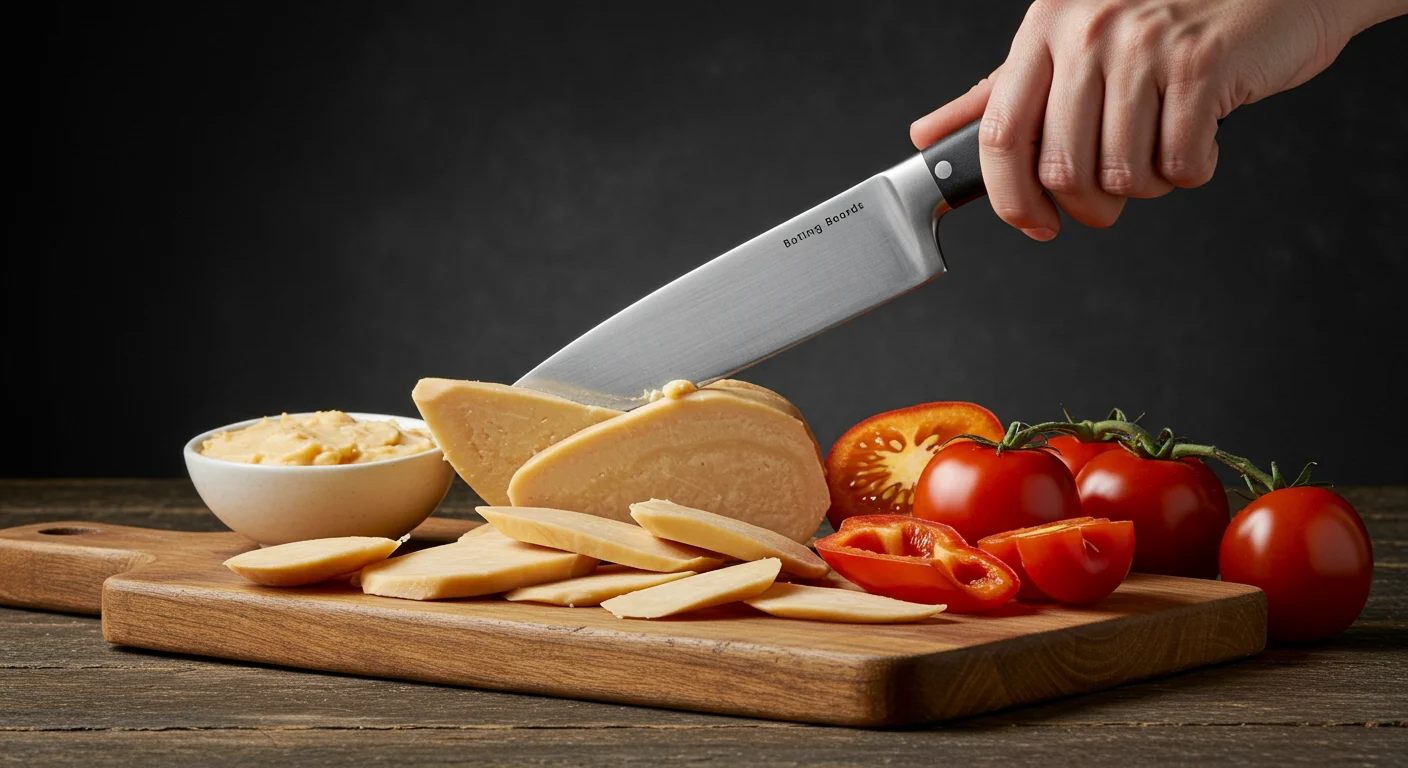
Bamboo Cutting Boards: The Real Pros, Cons, and Care Tips
If you’re eyeing bamboo for your next cutting board, I get it. It looks clean, it’s light, and it promises to be eco‑friendly. Here’s the thing though—Bamboo Cutting Boards are great for some kitchens and frustrating in others. I’ll keep it honest so you can pick once and enjoy the heck out of it.
TL;DR: Should you go bamboo?
If you want a light, affordable board that looks tidy on the counter and doesn’t mind quick veggie or fruit prep, bamboo is a smart buy. If you baby your knives, cook a lot of proteins, or rely on the dishwasher (no judgment), Bamboo Cutting Boards might not be your forever match.
I use bamboo as my everyday grab‑and‑go board. Then I switch to maple or walnut for heavy chopping and knife‑edge pampering. That combo just works.
Why people love bamboo
First, it’s sustainable. Bamboo is a fast‑growing grass, not a hardwood tree, so you’re getting a smaller environmental footprint than many traditional boards. Believe it or not, good bamboo stock can be remarkably stable for its weight, which is why a mid‑size board feels so easy to lift and rinse. In busy kitchens, that matters.
Second, it resists moisture better than some soft woods. That translates to fewer dramatic warps when you wash and dry it properly. A lot of Bamboo Cutting Boards also show less staining than maple with things like turmeric or beet juice, and the clean, striped look plays nicely with most counters.
Where bamboo can disappoint
Here’s the catch—bamboo is harder and can contain silica, so it’s a bit tougher on knife edges than end‑grain maple or walnut. If you sharpen quarterly and hone often, you’ll be fine. If you’re trying to baby a Japanese gyuto, you might want your main board to be wood and keep Bamboo Cutting Boards as the backup or serving surface.
Also, most bamboo boards are laminated strips bonded with adhesive. Quality brands use food‑safe, low‑emission glue, but cheap boards can chip at seams or taste funky if they dry out. Dishwasher cycles are a no‑go—heat and steam can break glue lines and warp the board. Hand‑wash quickly, dry upright, and you’ll dodge 90% of the drama.
Care that actually works (and isn’t fussy)
Wash with warm water and a drop of soap, wipe both sides, then dry it on edge so air hits all around. Once a month—more if your kitchen is dry—rub food‑grade mineral oil across the surface until it stops soaking in, then buff with a board cream (mineral oil + beeswax). That’s how Bamboo Cutting Boards stay smooth instead of getting thirsty and splintery at the edges.
For stink or stains, try a sprinkle of coarse salt and half a lemon, then wipe clean. A quick wipe with white vinegar helps after raw proteins. Skip the dishwasher, soaking, and any cooking oils—olive or canola can go rancid and smell… not cute.
What to look for when you shop
Go thicker if you can—it’s more stable and less likely to skate around. Look for formaldehyde‑free or low‑emission adhesives, and if you spot FSC certification, even better. Some Bamboo Cutting Boards come end‑grain style (little squares) and feel slightly kinder to knives, though they’re pricier. Edge‑grain strips are the common, budget‑friendly option and totally fine for daily prep.
Decide if you want rubber feet. Feet add grip but lock you to one cutting side; a flat board flips for quick double‑duty. Juice grooves are handy for roasts and melons, but they’re dust traps if you mostly chop herbs and onions. Pick the layout that matches your actual cooking, not the fantasy version. I say that lovingly.
Bamboo vs. wood vs. plastic: the quick reality check
Compared to plastic, bamboo won’t scar as deeply under light chopping and won’t go in the dishwasher either—so call it a tie on convenience but a win on aesthetics and sustainability. Versus hardwoods, Bamboo Cutting Boards cost less and weigh less, but they’re a touch harsher on edges than end‑grain maple or walnut, which are famously knife‑friendly.
Sanitation is mostly about habits. Any board gets sketchy if it stays wet and dirty. Wash, dry upright, oil occasionally, and rotate in a separate board for raw proteins. That’s the grown‑up move no one regrets.
If you want my picks
I pulled together a short list of bamboo boards that actually hold up—nice glue lines, sane pricing, and easy maintenance. If you want the names, I’ve laid out my favorites in Consumer's Best’s latest review. I keep it simple, and I explain who each board is for so you don’t overbuy.






